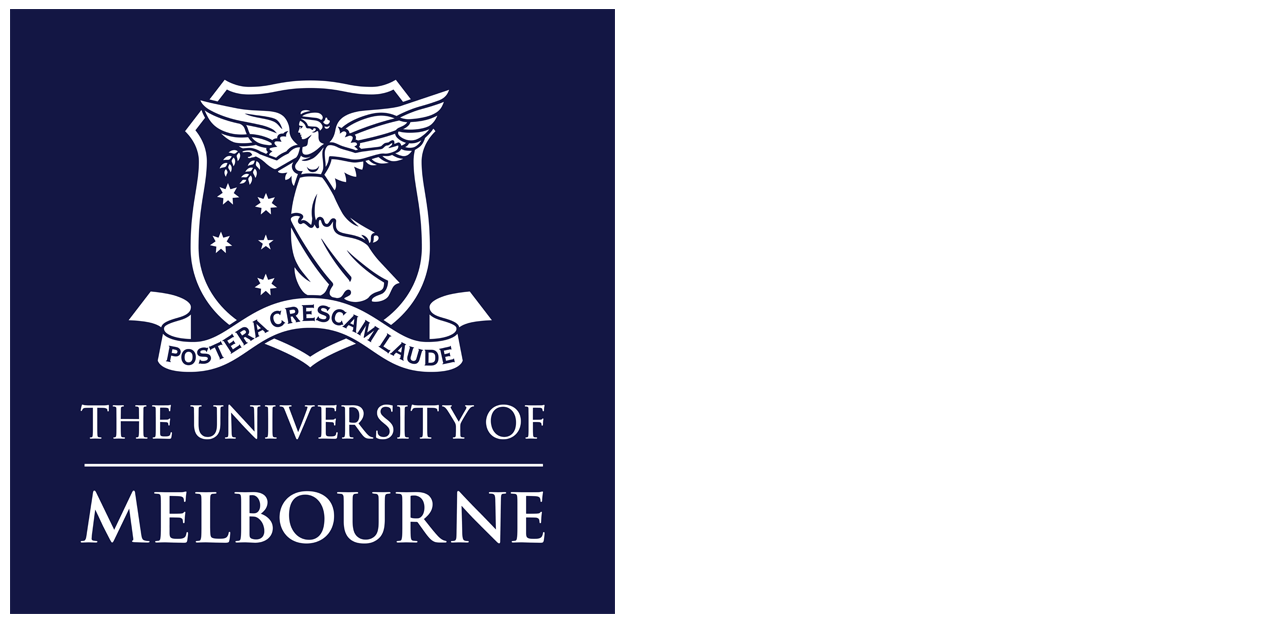

Reducing greenhouse gas emissions is an urgent need, especially for Victoria to reach its legislated emissions target of net zero by 2050. While she usually looks up at the stars in her astrophysics research, two decades ago Prof. Webster started asking: what if the answer is beneath our feet? Just 150km from Melbourne, in Victoria’s Latrobe Valley, the layers of brown coal create the perfect environment to heat up the aquifer and provide one of the world’s best sources of emission-free sustainable geothermal power. In this talk Prof. Webster will explore the science of geothermal energy which could be harnessed as an alternative to natural gas, giving an insiders tour of the current project to create the ‘Smart Geothermal Industrial Loop’ (SGIL).
Presented by Prof. Rachel Webster.
This lecture forms part of the 2024 JULY LECTURES IN PHYSICS
A series of free public lectures exploring physics: from the most fundamental questions to its influence in society.
Physics and Sustainable Development
Scientists, politicians, and communities alike recognise the imperative to bridge scientific disciplines and forms of knowledge to address the complex challenges of our time. In this years lecture series, we ask what role physics has in meeting the UN’s Sustainable Development goals. Coinciding with the first year of the UN International Decade of Sciences for Sustainable Development, these lectures will explore the intersection between physics and sustainable development: from climate action to affordable and clean energy, education to gender equality and beyond.
Professor Rachel Webster has had a stellar career teaching and researching astronomy for more than 20 years. Originally gaining her doctorate thesis at Cambridge University, she has spent productive years honing her skills in Canada at the University of Toronto, both teaching and doing research. Her work has been internationally recognised with internationally prestigious scholarships. She was also the inaugural AIP Woman in Physics Lecturer. In 1992, she returned to The University of Melbourne to take up a position as a teaching and research academic within the School of Physics where she currently leads the Astrophysics research group comprising more than 60 research students and staff.
Her group is varied and diverse and covers both observational and theoretical research areas. Her observational program utilises world class equipment such as the Australia Telescope Compact Array, the Gemini Telescopes, the Hubble Space Telescope and the Chandra X-ray Observatory amongst other instruments. She is a key member of an international consortium involving Australian and American astrophysicists who have designed and built a new low frequency radio telescope at Boolardy in Western Australia, known as the Murchison Widefield Array (MWA). This major project aims to detect the first sources in the universe. Such information is gleaned from her theoretical studies and detection of reionised hydrogen atoms and the structural analysis of neutral hydrogen clouds. Professor Webster’s other research interests include quasar emission regions, gravitational lensing and cosmology; with a side interest in the physics of geothermal energy.
Professor Webster Webster has been the chair of the National Committee of Astronomy for the Australian Academy of Sciences. She is currently the chair of the Board of Directors for Australian Astronomy Limited (AAL), and the University of Melbourne Node Director for the national ARC Centre of Excellence for All-sky Astrophysics (CAASTRO). Over the past 20 years she has co-created a successful Women in Physics Program, which has helped increase the number of women graduating in physics at the University of Melbourne. She continues mentoring former graduate students. She is also a keen rower.